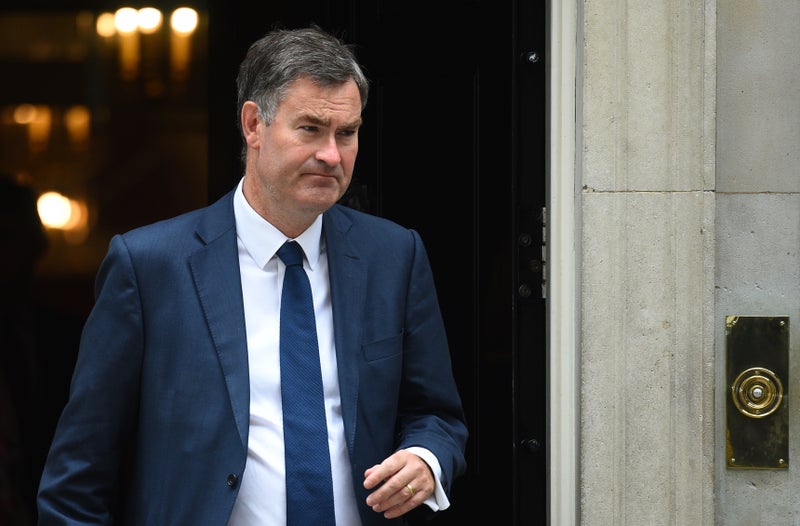Successive governments’ ‘penal populism’ has driven England and Wales justice system to brink of collapse, report finds. Successive governments’ overreliance on prison sentences and desire to seem “tough on crime” have driven the justice system in England and Wales to the brink of collapse, an official review has found. A form of “penal populism” where longer incarceration is seen as the only effective means of punishment has contributed to the crisis in the prison system, according to the interim findings of a review led by former justice secretary David Gauke.
Gauke, who was a Conservative justice secretary for 18 months in Theresa May’s government, was asked to carry out a review of the sentencing system this year. The review, which was a Labour manifesto commitment, is examining alternatives to jail including scrapping shorter sentences and treating more offenders in the community. It is due to conclude in late spring, with its proposed changes implemented in courts from early next year.
Gauke said that to address the problems with prison capacity, politicians needed to “have an honest conversation about who we send to prison, and for how long”. He said the decision by Labour ministers to release thousands of prisoners early to free up space in jails last year was the consequence of “decades of haphazard policymaking and underinvestment in the criminal justice system – bringing it to the brink of collapse”.
Gauke’s interim report said ministers in successive governments had prioritised longer prison sentences over effective ways of cutting reoffending, diverting resources away from the probation service and looking for an alternative to custody. This in turn had led to the need for the early release scheme to deal with overcrowding and stabilise the system, it said. He criticised politicians for having “operated in a vacuum, increasing sentencing for individual crimes without considering the knock-on impact on the wider system. It is time to accept this does not deliver justice for victims, it fails them.
“Punishment will always be a central aim of the criminal justice system but it is not the only aim; and prison is not the only form of punishment.”. The prison population in England and Wales was more than 85,000 at the end of last year, having increased by more than 40,000 since 1993. The probation service is similarly overstretched. In September 2024 there were 240,497 people under probation supervision, up 100,000 on 1993 figures.
Gauke’s interim report found that as well as longer sentences, the increased use of recall – where a released prisoner is sent back to prison for breaking the terms of their parole – had contributed to the increase in the prison population. The recall population in prisons in England and Wales reached 12,920 at the end of last year, up from 9,000 in 2020 and fewer than 100 in 1993. Keir Starmer’s government has demonstrated an appetite for a liberal overhaul of the sentencing system. In July, the prime minister appointed James Timpson, the former chair of the Prisons Reform Trust, as his prisons minister. Timpson has argued consistently in favour of reducing imprisonment rates and improving conditions for inmates and their families.
While he was justice secretary in 2019, Gauke made a speech questioning the effectiveness of short prison sentences, arguing that there was a strong case for those of six months or less to be scrapped altogether. Gauke resigned from the cabinet when Boris Johnson became prime minister, and was suspended from the Tory whip a few months later for rebelling against the government in an attempt to stop a no-deal Brexit.
He later quit the Conservative party and stood in the December 2019 general election as an independent candidate. In July last year, he rejoined the Tories in order to vote in their leadership contest. Richard Atkinson, the president of the Law Society, said the report “lays bare how prisons have reached crisis point”. He added: “We agree with the findings that the drivers for longer prison sentences have been the many decisions made by successive governments and a ‘tough on crime’ narrative that has focused primarily on punishment which includes incarceration and longer sentences. There has also been an underinvestment in probation and other alternatives that can provide rehabilitation and reduce reoffending.”.






























